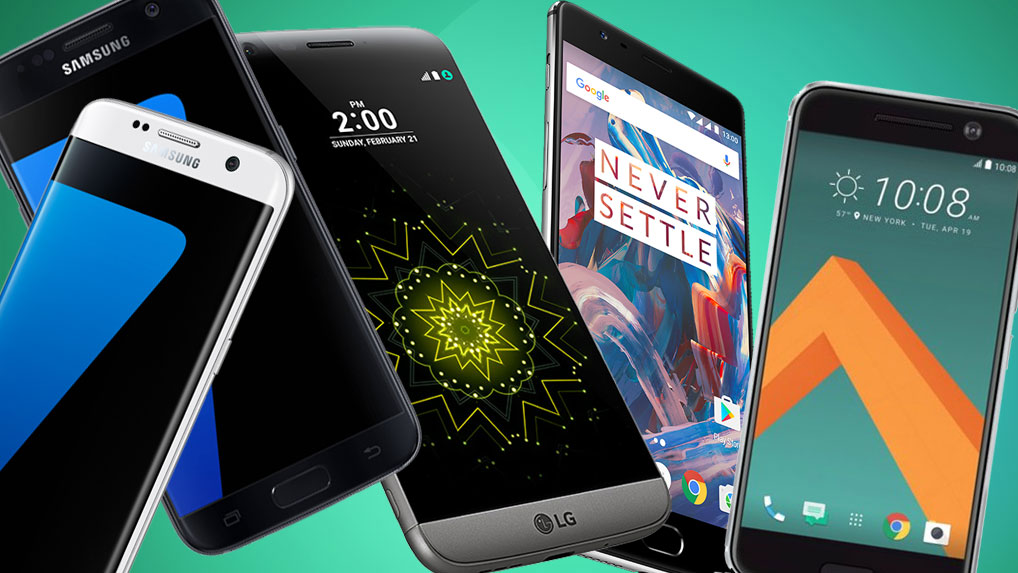Google adds DRM to Android apps to verify that they're the real deal

Google has begun adding security metadata to Android APKs (app installers) to verify that apps were downloaded from an approved channel.
Once an app has been verified, it will add it to your app library, where it will be eligible for updates via Google Play in the future. You'll also be able to share it with others via Family Library.
James Bender, product manager at Google Play, says the change will help apps reach a wider audience. Peer-to-peer app sharing is common in locations with patchy data connectivity, and the DRM means users will be able to verify apps offline and download updates at a time that suits them.
Developers get more control over their apps as well. If they choose, they can change the metadata at any time, ending support for the current version of the app and creating a new listing in the Google Play Store.
Freedom to sideload
Android malware is a serious problem, and the new DRM means it'll be impossible to fraudsters to tamper with an app, then release it into the wild.
However, the new DRM raises questions about freedom for users. If a future Android update prevents phones from running apps without the necessary DRM at all, it would stop users choosing to take a risk and sideload apps not available on the Google Play Store.
We've reached out to Google for comment, and will update this article when we receive a response.
Sign up for breaking news, reviews, opinion, top tech deals, and more.
Via Engadget

Cat is TechRadar's Homes Editor specializing in kitchen appliances and smart home technology. She's been a tech journalist for 15 years, having worked on print magazines including PC Plus and PC Format, and is a Speciality Coffee Association (SCA) certified barista. Whether you want to invest in some smart lights or pick up a new espresso machine, she's the right person to help.